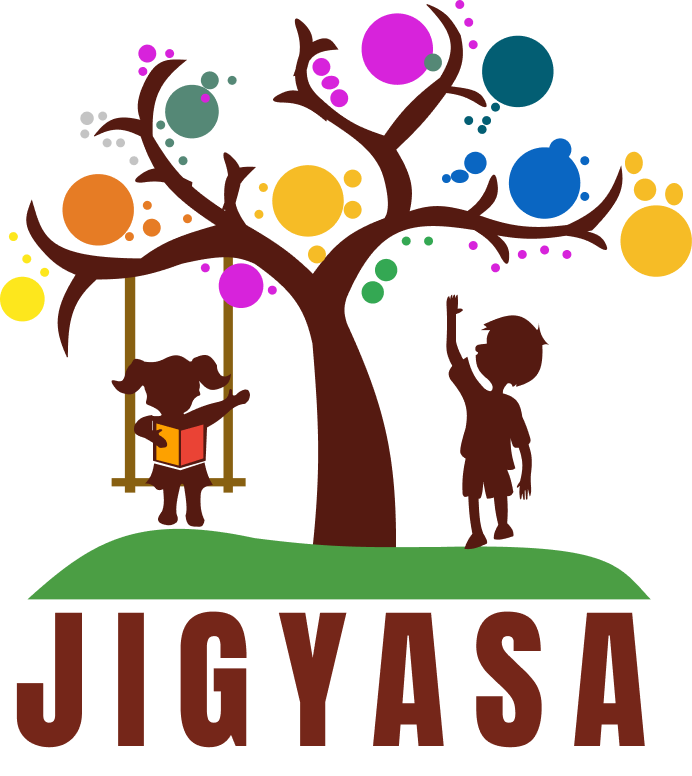Speech Therapy
Get the Best Speech Therapy for Kids in Gurgaon
Speech therapists, also known as speech-language pathologists (SLPs), are highly trained professionals who specialize in diagnosing and treating communication disorders. They work with individuals of all ages, from infants to seniors, and are equipped to address a wide range of speech and language challenges, including:
- Articulation disorders: difficulty pronouncing certain sounds or words
- Fluency disorders: stuttering, cluttering, or other disruptions in speech rhythm
- Voice disorders: problems with pitch, volume, or quality of voice
- Language disorders: difficulty understanding or using language effectively
- Cognitive-communication disorders: difficulty with memory, problem-solving, and other cognitive skills that impact communication
The first step in speech therapy is typically an evaluation, where the SLP will assess the individual's communication skills and identify areas that need improvement. From there, the SLP will develop a customized treatment plan that may include a range of techniques, exercises, and activities designed to help the individual overcome their specific communication challenges.
Speech therapy is not a one-size-fits-all solution. Rather, it is a highly individualized approach that takes into account the unique needs and goals of each individual. With the right support and guidance, individuals who have struggled with communication challenges can learn to communicate with confidence and achieve success in all areas of life.
Unlock Your Communication Potential with Our Speech Therapy Services
Welcome to Gurgaon's premier speech therapy center! Our team of licensed speech-language pathologists is dedicated to helping children and adults overcome speech and language challenges so they can communicate confidently and effectively.
Communication is a fundamental part of our lives. Whether we are speaking to our loved ones, participating in a meeting at work, or ordering food at a restaurant, we rely on our ability to communicate effectively to navigate the world around us.
FAQs About Speech Therapy
What is speech therapy?
Speech therapy is a specialized form of therapy that focuses on evaluating, diagnosing, and treating individuals with speech and communication disorders. It aims to improve speech clarity, language skills, and overall communication abilities.
How can speech therapy benefit individuals with speech disorders?
Speech therapy can benefit individuals with speech disorders by helping them develop and improve their speech articulation, fluency, voice quality, and language skills. It can enhance their communication abilities, boost confidence, and improve social interactions.
What types of speech disorders can be treated through therapy?
Speech therapy can address a wide range of speech disorders, including articulation disorders, phonological disorders, stuttering, voice disorders, apraxia of speech, and language disorders such as receptive and expressive language delays.
How long does a typical speech therapy session last?
The duration of a speech therapy session can vary depending on the individual's needs and goals. Generally, sessions can range from 30 minutes to an hour.
What qualifications and experience should I look for in a speech therapist?
It is important to choose a speech therapist who is qualified and licensed in the field. Look for a therapist with a master's degree in speech-language pathology and relevant certifications. Experience working with individuals of various age groups and specific speech disorders is also valuable.
Can speech therapy help with communication difficulties in children with autism?
Yes, speech therapy can be beneficial for children with autism to improve their communication skills. Therapists use techniques like visual supports, social communication training, and augmentative and alternative communication (AAC) methods to help children with autism develop functional communication abilities.
How often should speech therapy sessions be scheduled?
The frequency of speech therapy sessions depends on the individual's needs and therapy goals. It can vary from once a week to multiple times per week. The therapist will assess and recommend an appropriate schedule based on the specific requirements.
Are there any age restrictions for receiving speech therapy?
No, speech therapy is available for individuals of all ages, from infants to adults. Specialized programs and techniques are designed to address the unique needs of each age group.
What techniques and approaches are commonly used in speech therapy?
Speech therapy may involve various techniques, including articulation exercises, language intervention, oral motor exercises, voice therapy, fluency training, and pragmatic language interventions. The specific techniques used depend on the individual's diagnosis and goals.
How can I prepare for a speech therapy session for myself or my child?
Before a session, it can be helpful to gather any relevant medical or diagnostic reports and provide a brief history of the speech concerns. For children, bringing along their favorite toys or objects can create a familiar and comfortable environment.
Is speech therapy covered by insurance?
Many insurance plans cover speech therapy services. It is recommended to check with your insurance provider regarding coverage details, including eligible services, co-pays, and any necessary pre-authorization requirements.
Are there any additional resources or activities recommended to support speech therapy progress at home?
Yes, speech therapists often provide home exercises and activities to reinforce therapy progress. These may include practicing speech sounds, engaging in language-building activities, reading together, and utilizing speech therapy apps or online resources.
How long does it usually take to see improvements in speech and communication skills?
The progress rate can vary depending on the individual's specific needs, consistency of therapy, and personal factors. Some individuals may experience noticeable improvements in a few weeks, while others may require longer periods of therapy to achieve significant progress.
